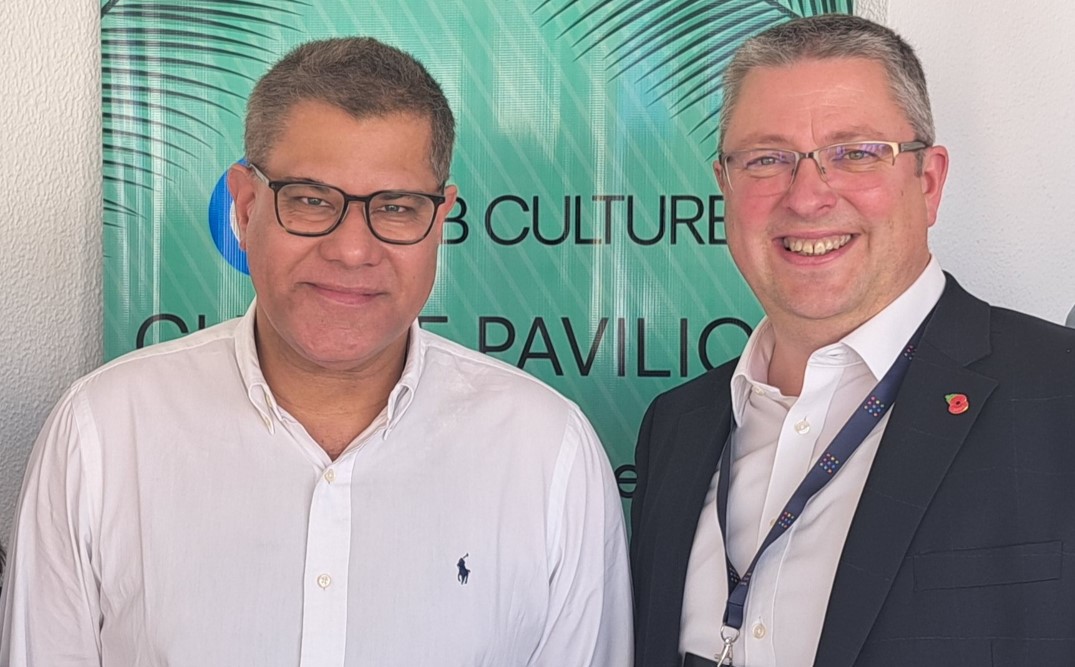Medical and safety technology firm, Dräger, is calling for increased regulation and more detailed safety guidance within the tunnelling industry, following recent research highlighting safety as a major concern.
The four highest perceived risks were the availability of safety equipment, gas/vapour leaks, the time taken to evacuate a tunnel, and a lack of robust and up-to-date safety plans. These concerns were ranked higher than issues such as the structural integrity of tunnels and working within confined spaces.
Further compounding the issue, just 14.8% believed that all contractors on site had a thorough understanding of safety planning, and more than two in five (40.7%) respondents said they did not think enough priority was given to safety planning in tunnelling projects. Budget and time constraints were cited as reasons, along with the belief that because tunnelling accidents are ‘rare’, safety planning wasn’t always prioritised.
Accidents are alarmingly common, according to the research, as nearly one in three (29.6%) of respondents had been involved in a safety incident while working in a tunnel that required the use of safety equipment, and a further 59.0% stated that they had been involved in a near-miss incident in the same environment.
Sarah Sanderson, Tunnelling product specialist at Dräger, says that these statistics, while alarming, are not a surprise: “Tunnelling environments can be extremely hazardous, with a variety of different machinery being used within a confined space, often at the same time. Indeed, we have heard of global projects where stakeholders have been extremely relieved when there have been no major incidents after a year,” she says. “The fact that these incidents are relatively common goes to show that serious accidents are not that rare, and safety equipment and planning should not be considered a ‘nice to have’, but deemed critical and essential.”
Image courtesy: Draeger
Printed Copy:
Would you also like to receive CIR Magazine in print?
Data Use:
We will also send you our free daily email newsletters and other relevant communications, which you can opt out of at any time. Thank you.










YOU MIGHT ALSO LIKE